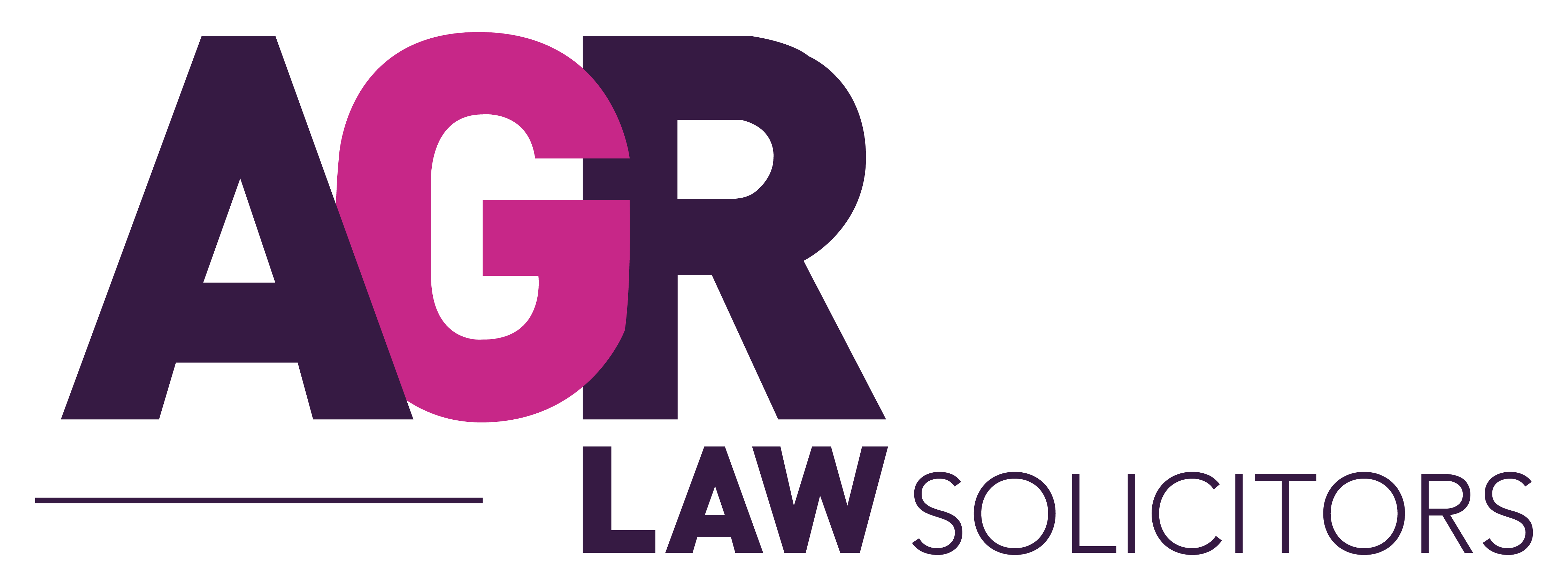The Worker Protection Bill has been updated meaning, from October 2024, employers will be duty-bound to take reasonable steps to prevent sexual harassment proactively rather than redressing incidents.
The landmark new laws will bring about a much-needed culture change in workplaces where sexual harassment thrives.
What is sexual harassment in the workplace?
Legally, sexual harassment is termed as ‘unwanted conduct of a sexual nature’. It can range from inappropriate jokes to sexual assault and rape that has violated someone’s dignity and/or created an intimidating, hostile, degrading, humiliating or offensive environment for them, whether it was intended or not.
Why are new laws needed?
The prevalence of sexual harassment at work is well documented by women’s organisations and trade unions. Our research shows that it is rife, with:
- At least 40-50% of women and almost 70% of LGBT workers experiencing sexual harassment in the workplace
- Four out of five people are reported as feeling unable to report sexual harassment to their employer
- People of colour reporting higher rates of sexual harassment
How did the new laws come about?
A 2018 inquiry by the Women and Equalities Committee into sexual harassment at work, recommended that existing laws were enhanced to force employers to proactively protect workers and employees.
Sponsored by MP Wera Hobhouse, the Worker Protection (Amendment of Equality Act 2010) Act 2023 was first read in the House of Lords on 15 June 2022. Several organisations supported it including The Fawcett Society, USDAW (Union of Shop, Distributive and Allied Workers), and the TUC’s This Is Not Working Alliance. The Bill gained Royal Assent on 26 October 2023.
The Bill’s passage through Parliament
Although the Bill is welcome news, there were two significant alterations on its passage through Parliament. Namely, the draft Bill required employers to take ‘all’ reasonable steps to protect employees (not just reasonable steps, as per the final Bill) and the inclusion of harassment by third parties (such as clients and customers) in the course of employment was removed.
The changes were made due to concerns that free speech could be curtailed (with rules being imposed upon third parties as though they were employees) and the burden and costs placed on employers.
Campaigning for protection from harassment by third parties, in addition to employers’ preventative duties, may continue as the government committed to this reform in 2021. It formed a significant part of the draft Bill.
Our recommendations – be prepared!
To prepare for the new laws, we recommend reviewing and refreshing your policies and reporting processes to demonstrate a proactive approach to preventing harassment. You will need to include effective company-wide training and regular audits to ensure you can demonstrate the measures you’ve taken should a complaint occur, including one-off incidents.
Our experienced team offers business support compliant with the latest legislation to avoid potential liability.
Contact us to find out how we can help.

